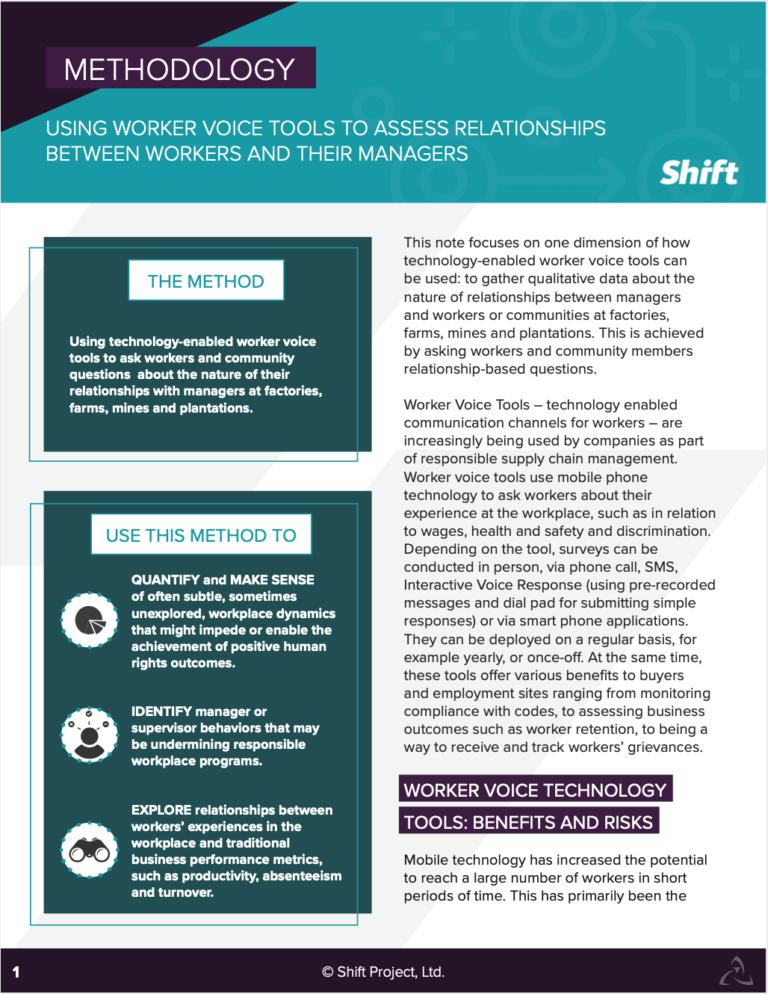Migrant Workers in South Asia and the Middle East: Implementing Gender-Responsive Employment Contracts
Guidance"Implementing Gender-Responsive Employment Contracts" analyses current methods used to monitor the implementation of contracts and makes recommendations to strengthen accountability against the terms of employment contracts. This article is the t...Read More

